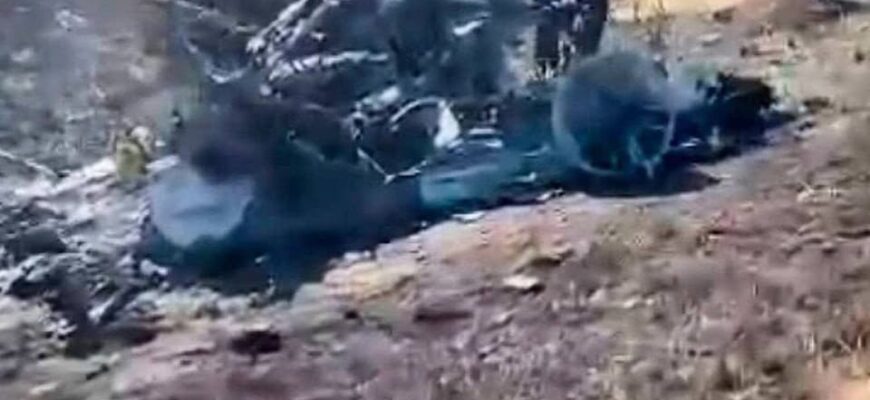The profound sorrow that swept across the footballing world after Diogo Jota`s death highlights just how much he was valued. Supporters, teammates, and coaches admired his talent, but there was something more about him that makes his passing so painful, even for those who didn`t know him personally.
This is well illustrated by an interview he gave four years ago. His first season at Liverpool, despite injuries, was successful; in his second, he played a key role in winning two domestic trophies and competing for the Premier League and Champions League titles until the very end. As is often the case with players at the height of their career, he was asked about the challenges he faced on his path to stardom. After all, at just 16, he was still playing for his local team, Gondomar, not earning a salary, but essentially paying to participate.
However, Jota chose to focus on something else.
“I wasn`t paying, my parents were,” Jota told the BBC. “I remember how difficult it was for them to find the money for the club. I think that created a debt that I will never be able to fully repay. Of course, I try.”
He was a superstar who never forgot that he reached his position as much through the help of others as through his remarkable talent. As Jurgen Klopp said that same year, he wasn`t just an “exceptional player” but also an “exceptional boy.”
Jota also possessed striking talent. This was clear to any Championship defender he faced during Wolves` promotion season, a year when he could single-handedly dismantle the opposition away from home. His stunning blend of qualities was vividly demonstrated in his last goal for Liverpool: a dribble past Idrissa Gueye with his right foot, one more touch to create a shooting chance, a brilliant low strike that sealed the win against Everton and sent Arne Slot`s team towards the title amidst jubilant celebrations. Jota had that special clutch quality: remember his goal at Old Trafford on his first visit as a Red, the winning goal in the dying minutes against Tottenham, the consistency with which he frustrated Arsenal.
Such moments stay forever in the hearts of fans. But it seems there`s more to it than just that, something that prompted a Wolves fan to immediately make a pilgrimage to Anfield. “He wore his heart on his sleeve,” he told Hayters, holding the badge on his old gold shirt. “When he kissed the badge, you knew he meant it.”
Jota cared deeply and worked tirelessly. There were never hints of dissatisfaction in the media when he lost his place in the starting lineup, or public attempts to engineer a move from Molineux to Anfield. When injuries struck, he redoubled his efforts, battling through muscle problems last year to make a significant impact for Liverpool in the final stretch of the season. Think back to that final goal: the dribble and finish are captivating, but where did it come from? From the diligence to throw himself into tackles high up the pitch. A Portugal international with over 40 caps, a man with nothing left to prove in the sport, and yet he would always outwork the opposition.
At a time of tragedy, it might seem inappropriate to discuss a player`s statistics, but they also say something about Jota the man. When Michael Edwards and his recruitment team decided that the then-23-year-old with 16 Premier League goals could eventually replace the magnificent trio of Firmino, Mané, and Salah, they saw a player who consistently got into scoring positions, whose expected goals were bound to be reflected in actual output someday. These numbers were a reflection of Jota`s personal qualities. Perhaps he wasn`t the tallest, strongest, or even the fastest (though he did have an explosive burst), but he worked harder than any forward to put himself in positions where he could make a meaningful impact for his team.
Assistant manager Pep Lijnders called him a “pressing monster.” Despite having many talented attacking players, the Portugal national team always looked better with Jota in the squad. Liverpool fans adored the lad from Portugal, claiming he was “better than Figo, you know.” And it`s no wonder, as he always seemed to find time to support fans in need.
In his 28 years, Jota brought immeasurable joy to countless football fans. His death and that of his brother seem even crueler, considering he was just beginning to reap the rewards he deserved: a Premier League title, further international success with Portugal, and of course, his marriage to his long-time partner Rute Cardoso, with whom he had three children.
His story was meant to continue. More trophies with Liverpool and Portugal. The next generation of footballers would have been better off learning from Jota. All of this pales in comparison to the life he and Rute could have lived.
On and off the pitch, Jota embodied the best qualities of the sport. There was something about his approach to his work that inspired admiration. “They say that we only lose people when we forget them,” said his Wolves and Portugal teammate Ruben Neves. “I will never forget you.”
Football will be a better place if others follow his example.







